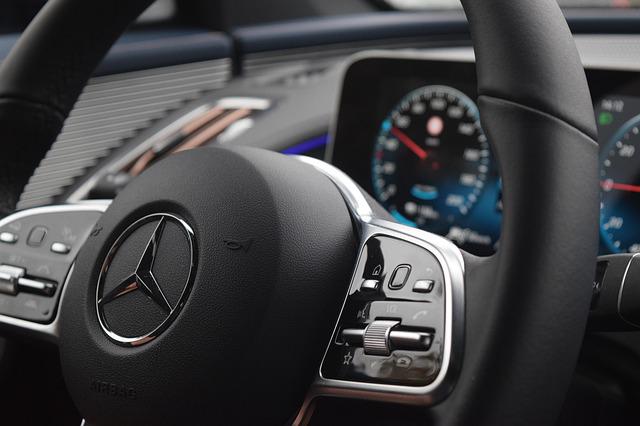
China’s CATL announced its plans to construct €7.3bn ($7.6bn) battery manufacturing facility in Hungary.
This is part of the electric vehicle (EV) battery manufacturer’s plans to meet increasing demand from global vehicle makers.

Discover B2B Marketing That Performs
Combine business intelligence and editorial excellence to reach engaged professionals across 36 leading media platforms.
The 100 GWh facility will be built in an area of 221 acres in the eastern Hungarian city of Debrecen.
This would be the company’s biggest overseas investment.
Construction of the facility is expected to commence this year following receipt of approvals, and is not expected to last not more than 64 months.
Once constructed, the Debrecen facility is expected to become the largest battery cell plant in Europe and the second for CATL in the region after its German facility.

US Tariffs are shifting - will you react or anticipate?
Don’t let policy changes catch you off guard. Stay proactive with real-time data and expert analysis.
By GlobalDataThe plant will manufacture battery cells and modules for automakers.
CATL founder and chairman Dr Robin Zeng said: “The greenfield project in Hungary will be a giant leap in CATL’s global expansion, and also an important step in our efforts to make an outstanding contribution to the green energy drive for humankind.”
The company’s announcement comes as European automakers are speeding up a transition to electric vehicles, spurring an increasing demand for batteries from suppliers, reported Reuters.
This investment is seen as important for Hungary, which is becoming a hub for EVs and batteries in Europe.
BMW is currently building a plant in Debrecen, while Volkswagen‘s Audi brand has a facility in Gyor of western Hungary. Mercedes-Benz runs a factory in Kecskemet, in the central part of Hungary.
Mercedes-Benz would be the first company to source battery cells from CATL’s Hungarian plant.
Mercedes-Benz management board member Markus Schaefer said: “This new state-of-the art European CATL plant in Hungary is another milestone for the scale-up of our EV production together with our key partners.”
In May, CATL stated that it would begin supplying cylindrical cells to BMW from 2025 for its new series of EVs, reported Reuters.
CATL also said that it is exploring feasibility of teaming up with local partners to set up factories for battery materials in Europe.
As of end of the last year, the Chinese company had an annual battery production capacity of 170.39 GWh, with 140 GWh capacity earmarked under construction.
It earlier said that it aims to install 670GWh total annual capacity by 2025.
————————————————————————————————————
Image: Mercedes-Benz would be the first company to source battery cells from CATL’s Hungarian plant. Credit: 9310613 from Pixabay.





